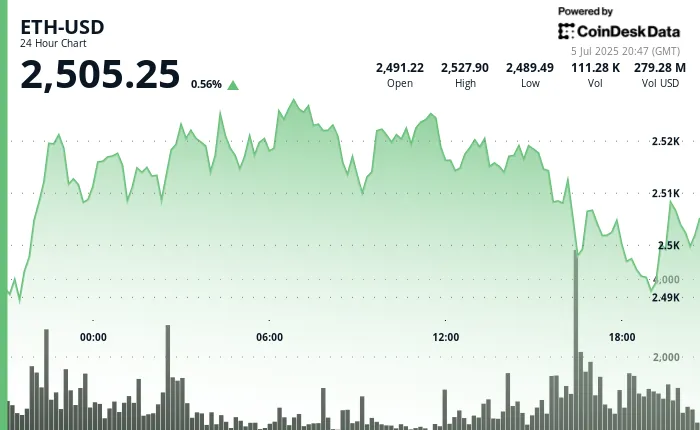
Breakthrough Study Unveils Insights on RSV Viral Load and Symptom Dynamics
2025-06-06
Author: Sarah
Unlocking the Mysteries of RSV
Human challenge infection studies (HICs) play a crucial role in unraveling the complexities of respiratory syncytial virus (RSV) – a significant health threat particularly among older adults and individuals with chronic health conditions. Yet, until now, no comprehensive review has synthesized data from these studies to explore both viral load (VL) and symptom progression.
The Health Threat of RSV
The Centers for Disease Control and Prevention (CDC) reports that between 100,000 and 150,000 adults aged 60 and over in the United States are hospitalized each year due to severe RSV cases. Those at greatest risk include individuals with asthma, chronic obstructive pulmonary disease, and congestive heart failure.
Revolutionary Meta-Analysis Sheds Light on HICs
In a groundbreaking study published in The Lancet, researchers conducted a systematic review and meta-analysis of RSV HICs, focusing on how viral load determination and symptom dynamics are interconnected over time. Their comprehensive analysis covered studies from 1990 to August 2023, primarily assessing double-blind, placebo-controlled HICs.
Key Findings on Viral Load and Symptoms
The analysis revealed some eye-opening statistics: on average, there was a 54% reduction in viral load area under the curve (AUC), accompanied by a striking average 76% decrease in total symptom score (TSS) AUC. This suggests a more consistent effect of treatments on symptoms compared to viral load.
Symptom Dynamics Explained
Interestingly, the study highlighted that RSV symptoms peak concurrently with viral load, contrasting with the patterns seen in pathogens like SARS-CoV-2 and influenza, where symptom peaks are delayed.
Understanding the Variability
However, researchers cautioned that participant randomization in these studies, especially between days 2 to 5 post-infection, could lead to inconsistencies. Variances in factors such as prior RSV exposure and individual immunity may influence the outcomes and introduce heterogeneity into the findings.
Implications for Future Treatments
The insights gained from this meta-analysis are expected to significantly aid in the development of new RSV treatments. As researchers interpret these results, they can better contextualize the potential effects of experimental drugs targeting the same viral strain.
In closing, the study authors emphasized, 'Our findings can accelerate the development of effective RSV treatment interventions, offering hope to millions at risk through targeted research and clinical application.'


 Brasil (PT)
Brasil (PT)
 Canada (EN)
Canada (EN)
 Chile (ES)
Chile (ES)
 Česko (CS)
Česko (CS)
 대한민국 (KO)
대한민국 (KO)
 España (ES)
España (ES)
 France (FR)
France (FR)
 Hong Kong (EN)
Hong Kong (EN)
 Italia (IT)
Italia (IT)
 日本 (JA)
日本 (JA)
 Magyarország (HU)
Magyarország (HU)
 Norge (NO)
Norge (NO)
 Polska (PL)
Polska (PL)
 Schweiz (DE)
Schweiz (DE)
 Singapore (EN)
Singapore (EN)
 Sverige (SV)
Sverige (SV)
 Suomi (FI)
Suomi (FI)
 Türkiye (TR)
Türkiye (TR)
 الإمارات العربية المتحدة (AR)
الإمارات العربية المتحدة (AR)